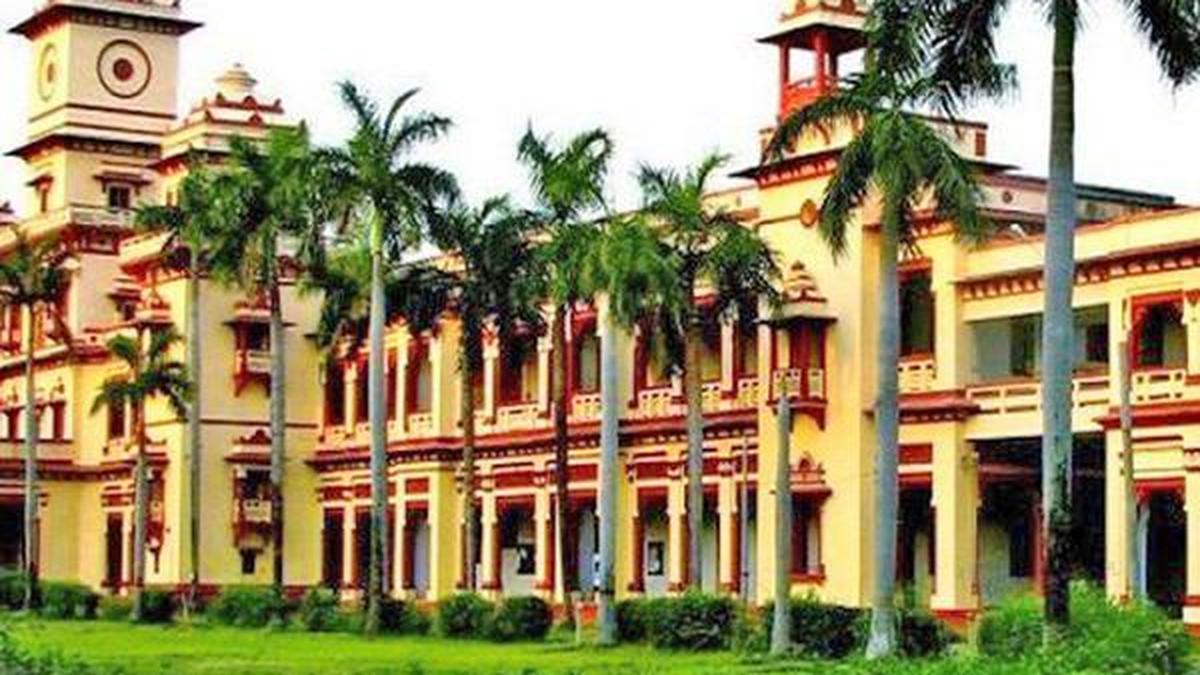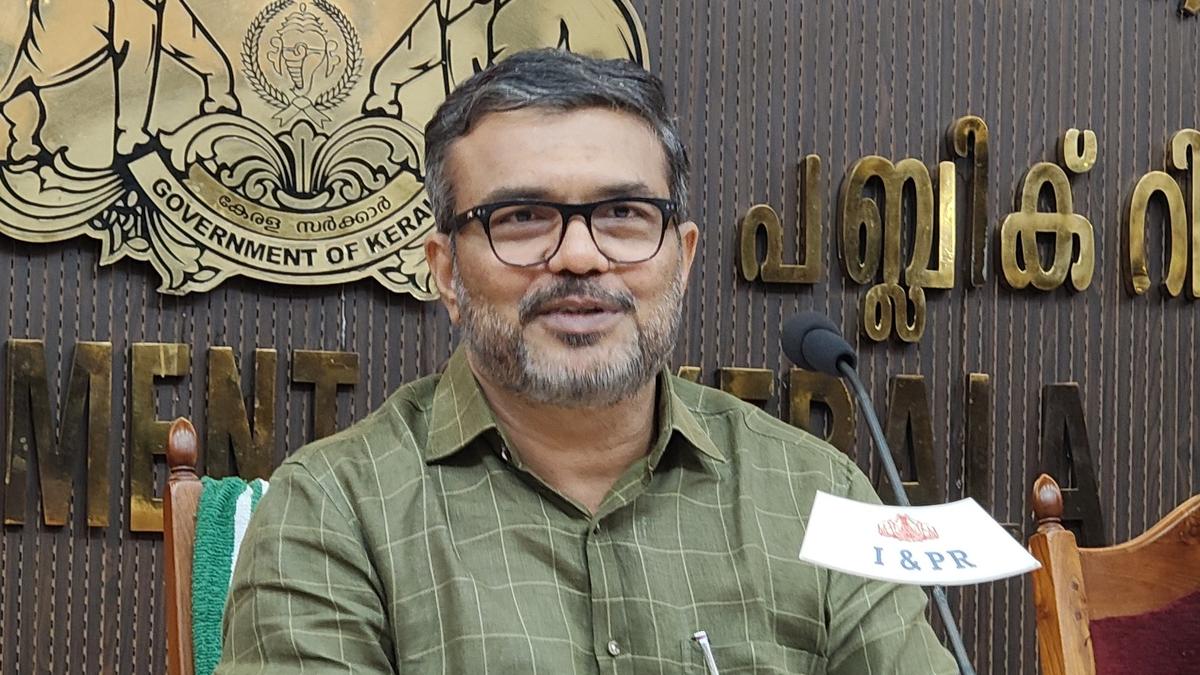Now Reading: DMK Questions Scheme Naming, Proposes ‘Ungaludan Stalin’ Initiative
-
01
DMK Questions Scheme Naming, Proposes ‘Ungaludan Stalin’ Initiative
DMK Questions Scheme Naming, Proposes ‘Ungaludan Stalin’ Initiative
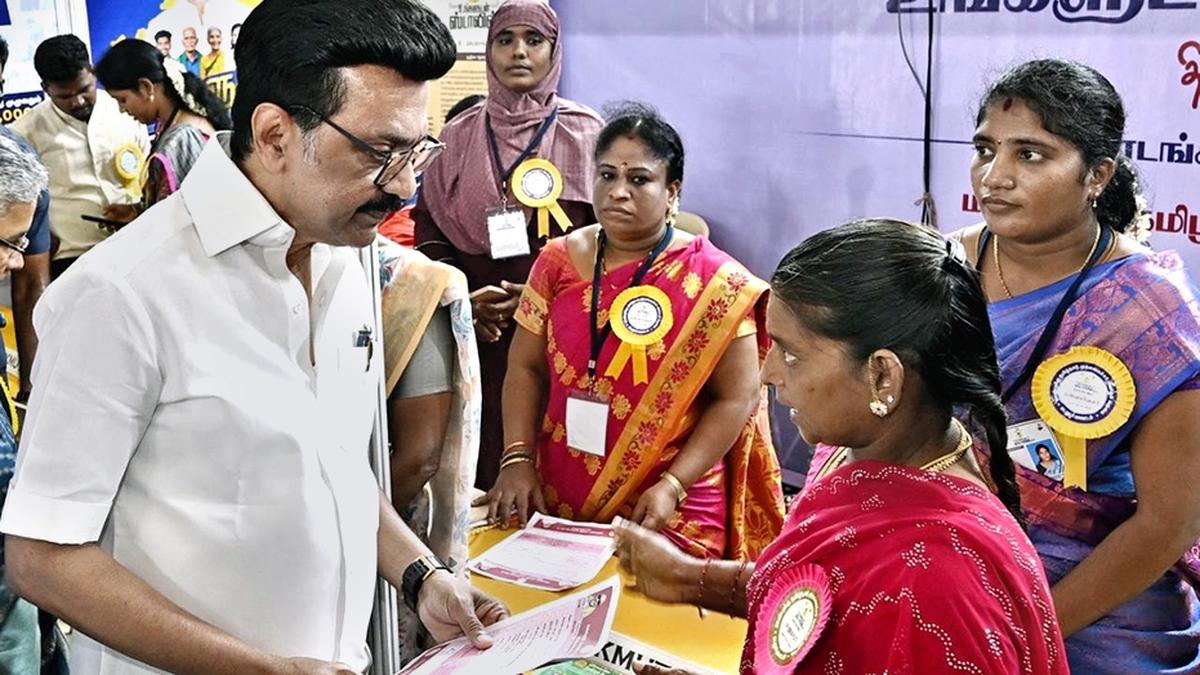
Fast summary
- Tamil Nadu Chief Minister M.K. Stalin’s name usage in the outreach program ‘Ungaludan Stalin’ was debated in Madras High Court on July 31, 2025.
- DMK defended the use of Stalin’s name, citing precedence with schemes named after political figures such as “Namo” and “Amma.”
- A PIL filed by former AIADMK Minister C.Ve. shanmugam claimed the scheme improperly uses public funds to promote a politician, violating Supreme Court guidelines.
- The petitioner alleged inclusion of DMK flag and M.karunanidhi’s portraits in advertisements linked to the scheme,raising concerns about political misuse of resources.
- DMK countered these claims, arguing that no party symbolism appeared on official government-issued advertisements. The A-G supported using names under legal definitions previously upheld by courts for similar cases.
- ₹54.95 crore allocated for 10,000 camps aimed at providing government services directly to citizens via ‘Ungaludan Stalin.’
- Court ordered adherence to Supreme Court guidelines on advertisements while reserving final judgment after reviewing all pleadings within ten days.
Indian Opinion Analysis
This ongoing legal debate highlights significant issues regarding the intersection of governance and political branding in India. While naming schemes after sitting leaders can foster immediate public identification with policies or initiatives, it also risks conflating state programs with partisan politics-especially if public funds are involved without impartiality safeguards.
The court’s cautious stance requiring adherence to established Supreme Court advertising norms ensures accountability while balancing permissible practices associated with historic precedent (e.g., schemes named after previous leaders). This case could become a benchmark for refining rules governing naming conventions tied to politicians across India and may prompt further scrutiny into how outreach campaigns are structured going forward.
For more details: Original Article


